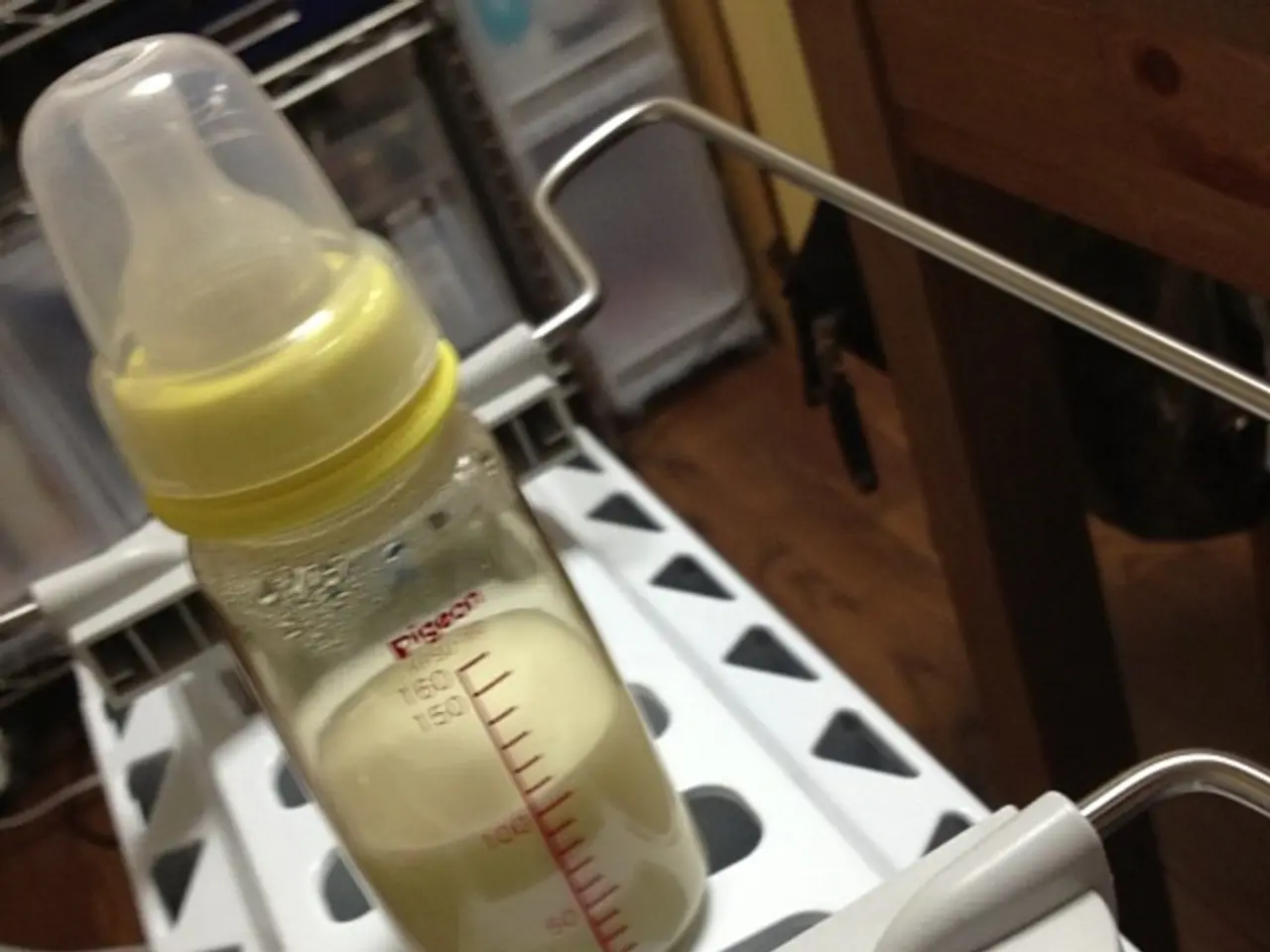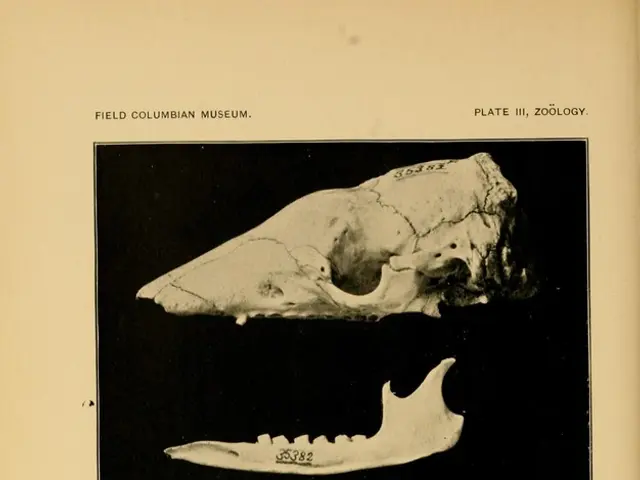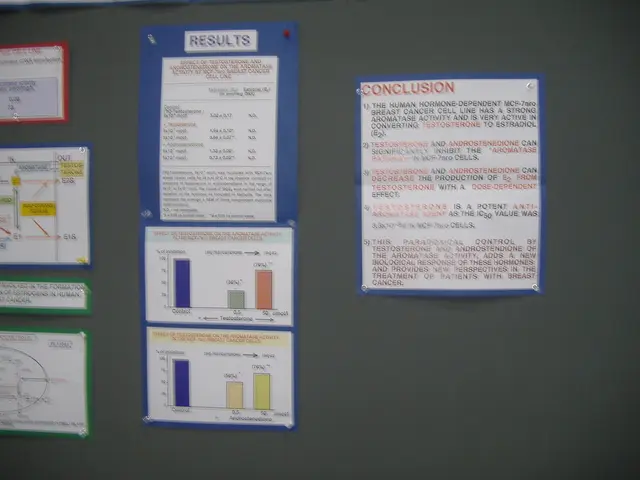Multiple individuals in Florida have fallen sick following the consumption of unprocessed milk from a single dairy farm.
=====================================================================
Raw milk sold in Florida can be labeled as pet or animal food, which limits regulation of sanitary practices on the farms that produce it. This fact has come to light following a recent outbreak of food poisoning caused by tainted raw milk from an unnamed farm, which has sickened 21 people, including six children under the age of 10.
The Florida Department of Health (FDOH) has reported the outbreak, with seven people hospitalized, and at least two developing severe complications. The specific type of milk involved in the outbreak has not been disclosed.
The investigation into the outbreak is ongoing, with the FDOH expressing concerns about sanitation practices at the farm. However, the department has not publicly disclosed the name of the milk producer.
From 1998 to 2018, there were 202 foodborne illness outbreaks linked to raw milk in the US, according to the Centers for Disease Control and Prevention (CDC). The CDC states that pasteurized milk offers the same nutritional benefits without the risks of raw milk. They encourage consumers to choose pasteurized milk and dairy products.
The symptoms of the food poisoning caused by the tainted raw milk can appear 3 to 4 days after exposure. They can include diarrhea (bloody in some cases), stomach cramps, and vomiting, but fever is uncommon. Rarely, prolonged complications from food poisoning can include arthritis and Guillain-Barre syndrome.
The cases involve Campylobacter and Shiga toxin-producing E. coli (STEC) infections. Children with STEC infections may require hospitalization for supportive care, including dialysis. Shiga toxin-producing bacteria are dangerous because they block protein creation in cells, causing cells to self-destruct and triggering a potent immune response.
The FDOH's statement provides information on the outbreak to help residents make informed decisions about their health. However, the department has not explicitly warned people not to drink raw milk.
This outbreak highlights the health risks associated with consuming raw milk, which can harbor dangerous bacteria. Pasteurization is the recommended safety measure to prevent such infections.
Key Points Summary:
- The raw milk outbreak in Florida has sickened 21 people, including six children.
- The milk involved is unpasteurized raw milk contaminated with E. coli and Campylobacter bacteria.
- The Florida Department of Health has not disclosed the name of the milk producer.
- The farm is under investigation due to concerns about sanitation practices.
- Seven people have been hospitalized, and at least two have developed severe complications.
- Raw milk can only legally be sold in Florida for non-human consumption.
[1] Florida Department of Health (2022). Raw Milk Outbreak Investigation. [Online]. Available: https://www.floridahealth.gov/diseases-and-conditions/outbreaks/raw-milk-outbreak-investigation.html
[2] Centers for Disease Control and Prevention (2022). Raw Milk. [Online]. Available: https://www.cdc.gov/foodsafety/rawmilk/index.html
[3] Food and Drug Administration (2022). Raw Milk. [Online]. Available: https://www.fda.gov/foods/buy-store-serve-safe-food/raw-milk
[4] Florida Department of Agriculture and Consumer Services (2022). Raw Milk. [Online]. Available: https://www.freshfromflorida.com/Consumer-Info/Food/Raw-Milk.html
- Unpasteurized raw milk sale in Florida is regulated as pet or animal food, making the sanitary practices on farms less controlled.
- Consuming raw milk may pose serious health risks, as demonstrated by the recent outbreak linked to E. coli and Campylobacter bacteria in Florida.
- The Florida Department of Health and Centers for Disease Control and Prevention recommend choosing pasteurized milk and dairy products for health-and-wellness to avoid food-and-drink related illnesses.
- General news about the Crime-and-justice sector could report on possible legal implications for the milk producer involved in the raw milk outbreak, as this issue raises questions about food safety and public health.




